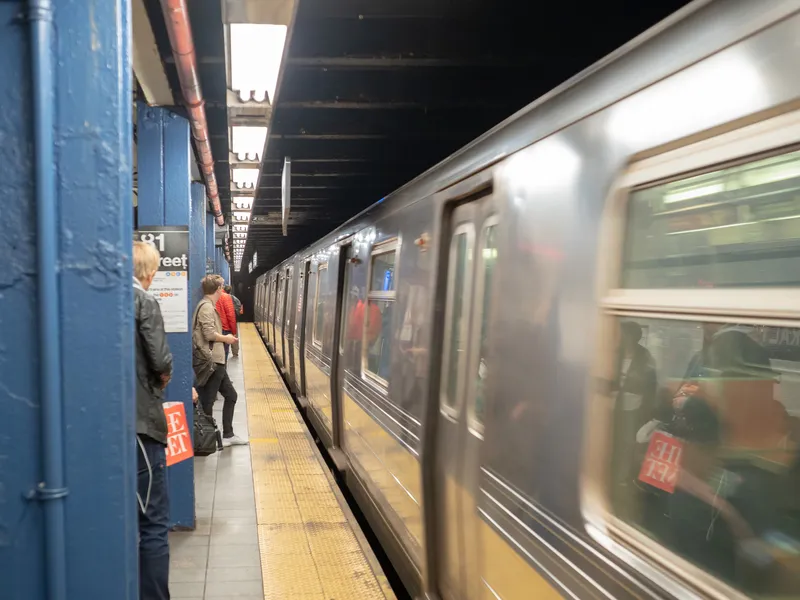Lima’s city council has approved a regulation which prohibits minibuses, locally known as combis, in 16 of the Peruvian capital's most traffic-congested districts as part of an ongoing attempt to modernise its urban transport system. The new rules will take effect over the next year. The bill also included a measure to extend by three years the operating licenses for 399 bus routes, which the city is trying to streamline and incorporate into its integrated urban transport system, or SIT. The SIT is Lima’s a
March 4, 2015
Read time: 2 mins
Lima’s city council has approved a regulation which prohibits minibuses, locally known as combis, in 16 of the Peruvian capital's most traffic-congested districts as part of an ongoing attempt to modernise its urban transport system. The new rules will take effect over the next year.
The bill also included a measure to extend by three years the operating licenses for 399 bus routes, which the city is trying to streamline and incorporate into its integrated urban transport system, or SIT.
The SIT is Lima’s attempt to reform public transport in the capital, a process initiated during the administration of the previous mayor in a bid to reduce congestion in the city's streets and reorganise its urban transport services.
The reforms intend to reduce the number of bus routes in the city, increase the number of higher capacity buses in circulation, and decommission older and small vehicles in operation, such as the combis.
Lima has also issued tenders for five new bus corridors along its most heavily transited routes, two of which are already in operation. The eventual goal is to integrate these bus routes with Lima's Metropolitano bus rapid transit (BRT) system and subway system, which is undergoing an expansion.
The bill also included a measure to extend by three years the operating licenses for 399 bus routes, which the city is trying to streamline and incorporate into its integrated urban transport system, or SIT.
The SIT is Lima’s attempt to reform public transport in the capital, a process initiated during the administration of the previous mayor in a bid to reduce congestion in the city's streets and reorganise its urban transport services.
The reforms intend to reduce the number of bus routes in the city, increase the number of higher capacity buses in circulation, and decommission older and small vehicles in operation, such as the combis.
Lima has also issued tenders for five new bus corridors along its most heavily transited routes, two of which are already in operation. The eventual goal is to integrate these bus routes with Lima's Metropolitano bus rapid transit (BRT) system and subway system, which is undergoing an expansion.








